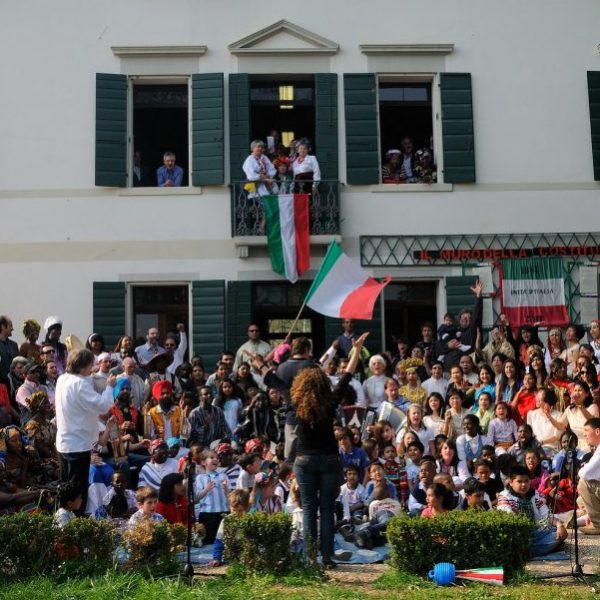To London, with Love: Springing for Politics
Ivan Lett—
I’m no political junkie, just a book publishing historian who comes away from the glory of Britannia every so now and then to find the ever-changing world around me to be…well, ever-changing. When news of the revolution in Egypt broke last winter, I was still in a holiday reading regimen: gifts that I wanted, gifts that others wanted, fluffy news, and disastrous pictures. No sooner had copies of Tarek Osman’s Egypt on the Brink arrived than Tahrir Square became a household reference. Prescience is a true and rare gift in book publishing.
 Even so, I was late, playing catch-up and finding as much to read on recent history as the reporting from the ground. Tunisia’s revolution had started a week before Christmas, and like a domino effect, I was reading about regimes in Algeria, Syria, Libya, and Yemen, to start. With 2011 behind us in some ways and ever with us in others, Lin Noueihed and Alex Warren, a London Reuters editor and director of the African and Middle East consultancy firm Frontier, respectively, have written The Battle for the Arab Spring: Revolution, Counter-Revolution and the Making of a New Era, covering the revolutionary zeal that swept the Arab nations and an assessment of what the uprisings have achieved to date.
Even so, I was late, playing catch-up and finding as much to read on recent history as the reporting from the ground. Tunisia’s revolution had started a week before Christmas, and like a domino effect, I was reading about regimes in Algeria, Syria, Libya, and Yemen, to start. With 2011 behind us in some ways and ever with us in others, Lin Noueihed and Alex Warren, a London Reuters editor and director of the African and Middle East consultancy firm Frontier, respectively, have written The Battle for the Arab Spring: Revolution, Counter-Revolution and the Making of a New Era, covering the revolutionary zeal that swept the Arab nations and an assessment of what the uprisings have achieved to date.
One of the strongest resonances of reporting from the region was the emphasis and engagement of social media to spread news of the uprisings as they happened. Months before the Occupy Wall Street movements, some doubt remained as to how the younger generation—i.e. my generation—was going to engage with political protest: what form that would take and what would the issues be, since we are, after all, “apathetic” and don’t remember the spirit of the counter-culture and post-colonial 1960s. Noueihed and Warren strike a particularly strong chord about what is at stake culturally from social media use:
Yet to assess whether the internet and social media were used successfully or unsuccessfully to organize specific protests and disseminate specific information in the Arab Spring is to miss the point. Whatever its role in the mechanics of the revolts, the rapid rise in internet use, blogs and social media over the preceding five years had already had a democratizing effect on Arab society that authoritarian governments could not roll back.
Hear that? I’m not endorsing any specific outlets, but something about the personal nature of real-time, global news-sharing is here to stay. That’s the easy conclusion. Here is the lesson to be learned:
Under authoritarian regimes that try to instill a cult of personality…. the state looks strong, invincible even, until the day that a mass of people realize that dissent is widespread.
The little guys matter, whether in support of or in opposition to established authority. Much of what makes the difference for us today is the access and connectivity—change for many young Arabs and Americans is, as the authors write, “not inevitable” for us to conceive and bring about, but “already happening,” in that it is inherently stimulating our day-to-day lives. I’m doubtful that anyone could so forcefully make the claim that this phenomenon has historically mattered more than in our present moment.
Further to the cause of new and innovative technologies, advance copies of The Battle for the Arab Spring are available from Yale University Press on NetGalley.com. These are my spring years; I intend to make the most of them first and foremost by reading…“hitting the streets” is another conversation.
Ivan Lett is Online Marketing Coordinator for Yale University Press.



